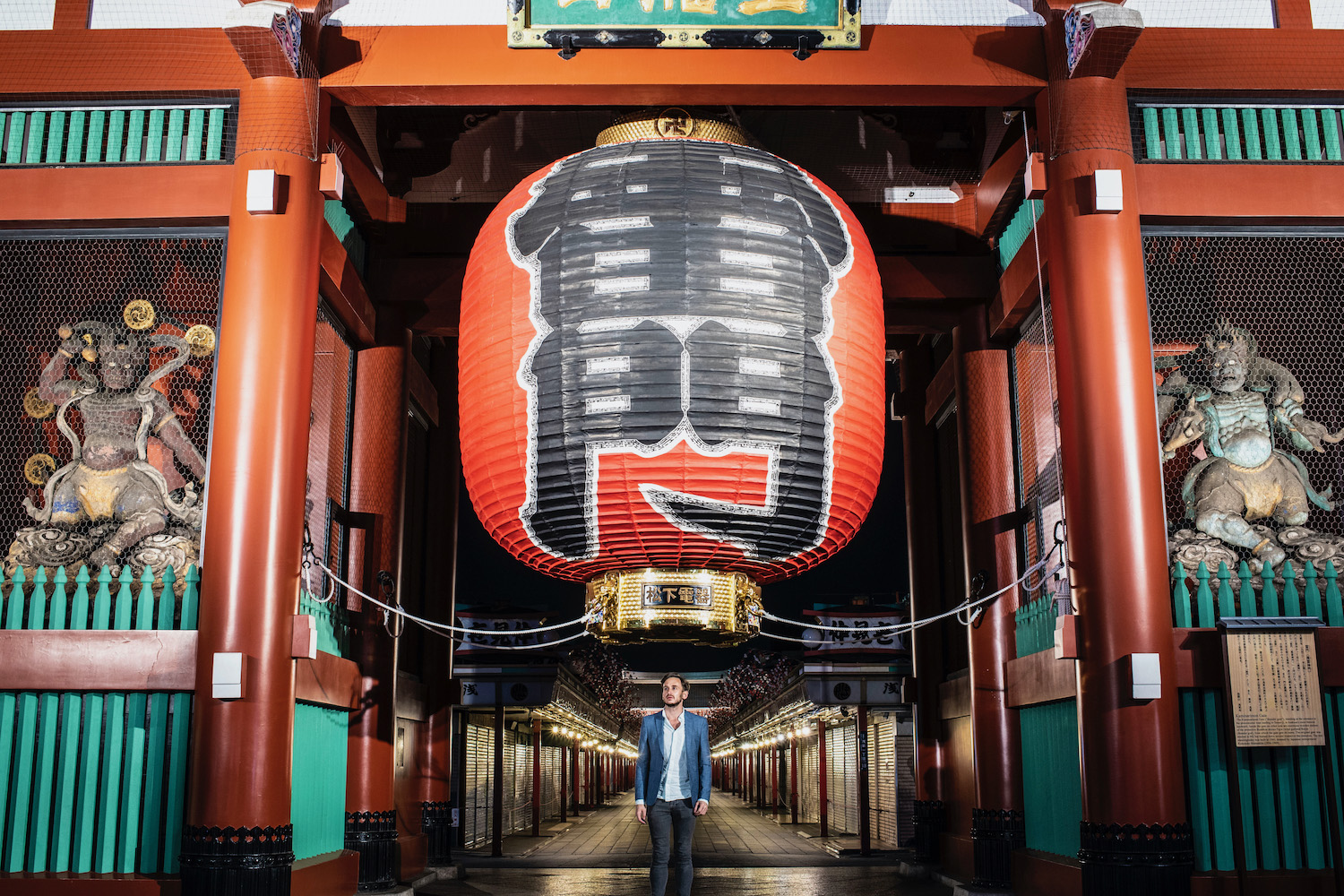So, you’re on the hunt for Japanese travel phrases besides “konnichiwa” and “arigatou“? Great—you’re in the right place.
Learning basic Japanese is relatively easy, whether you practice phrases before your flight to Tokyo, or print them out on a cheat sheet. The hard part? Putting them into action when you get to Japan. Japanese people don’t speak much English, but it’s easy enough to get by if you don’t speak Japanese.
It’s my hope that reading through this post will inspire you not only to learn some Japanese, but to use it as often as possible as you’re traveling. Doing so will greatly enhance your trip, even if only in the form of more smiles and goodwill.
You Can Travel in Japan Without Knowing Japanese, But…
In the lead up to the doomed Tokyo 2020 Olympics, many Japanese people (especially those in the travel and tourism industry) greatly improved their English skills. As a result, it become easier than ever to travel throughout the country without speaking a lick of Nihongo, not even the everyday Japanese phrases I’m going to be describing as we get deeper into this post.
There are a few problems with this approach, however—and I’m not just talking about the fact that Japanese people largely lost their hard-fought English aptitude during the country’s nearly three years of covid closure. Not speaking even a word of Japanese can make you seem impolite or even arrogant; being able to communicate even on a basic level will unlock a huge number of experiences and interactions.
Essential Japanese Travel Phrases
Japanese greetings
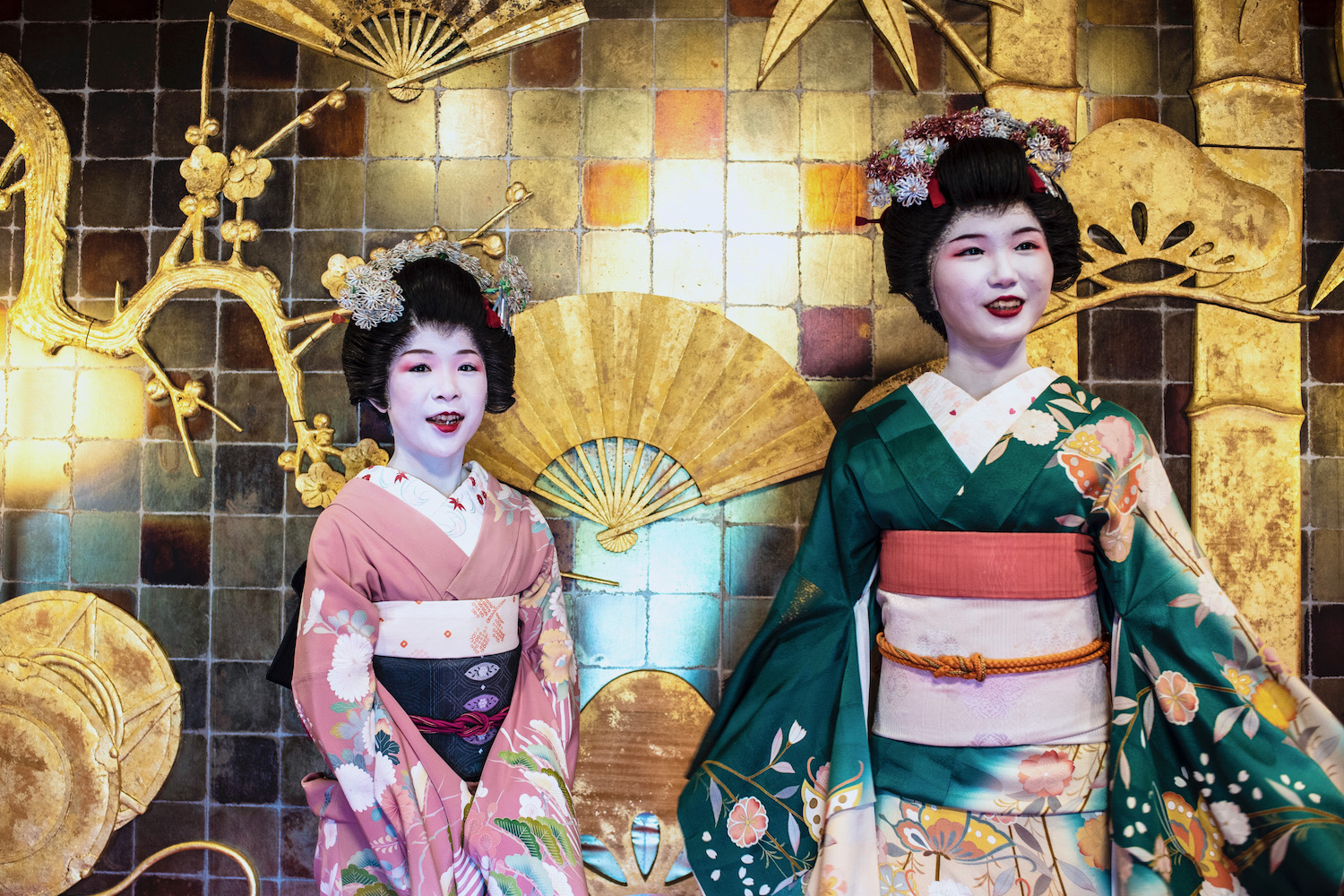
The bad news? Konnichiwa (こんにちは) doesn’t mean “hello” in Japanese—it means “good day.” The good news? Even if you forget to use ohayou (おはよう) in the morning or konbanwa (こんばんは) in the afternoon, you’re still likely to be understood. Sayounara (さようなら) is another confusing one; it’s usually only used when you will never, ever see someone again. Instead, say mata ne (またね), which basically means “see you later.” Youkoso (ようこそ) means “welcome,” although Irrashaimase (いっらしゃいませ) is just as commonly used.
Restaurants and bars
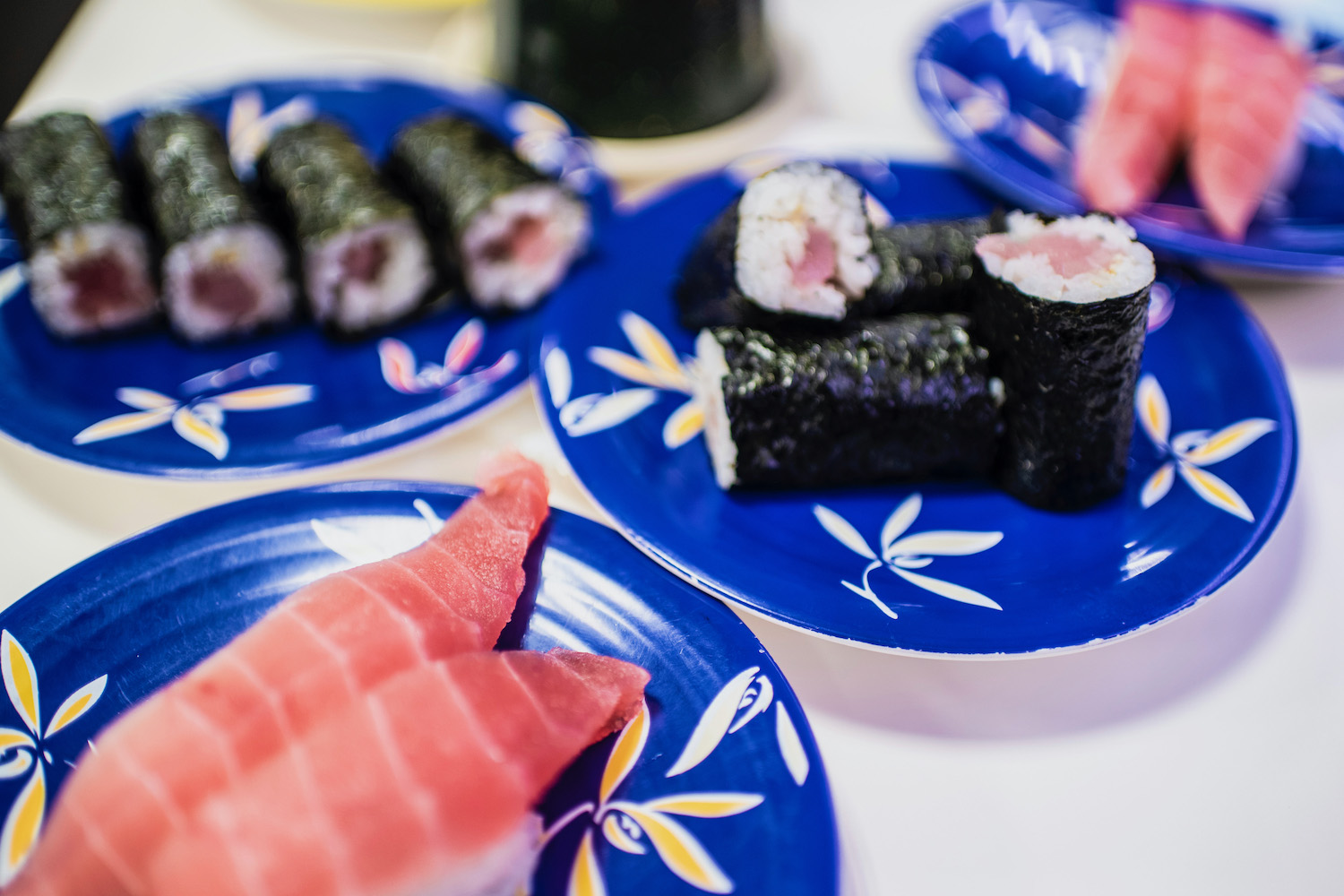
Not surprisingly, a lot of useful Japanese relates to eating and drinking. When sitting down, keep in mind Japan’s unique counting rules: Hitori de (rather than ichi jin) means “one person”: futari de means “two people” and so forth. When ordering food or drink items, say the name of the item, how many you want (hitotsu, futatsu, etc) and kudasai (ください) or onegaishimasu (お願いします) to add a “please” at the end, i.e. tekka maki futatsu, onegaishimasu (two tuna rolls, please). If you want to ask whether something is delicious or express that it does, say oishi desu (美味しいです) or ask oishi desu ka? (美味しいですか). Most importantly, kanpai (乾杯) means “cheers!”. Another interesting fact? Sake (酒) technically just means alcohol, not Japanese rice wine (which is Nihonshu/日本酒 – literally “Japanese alcohol”).
Payment words and phrases
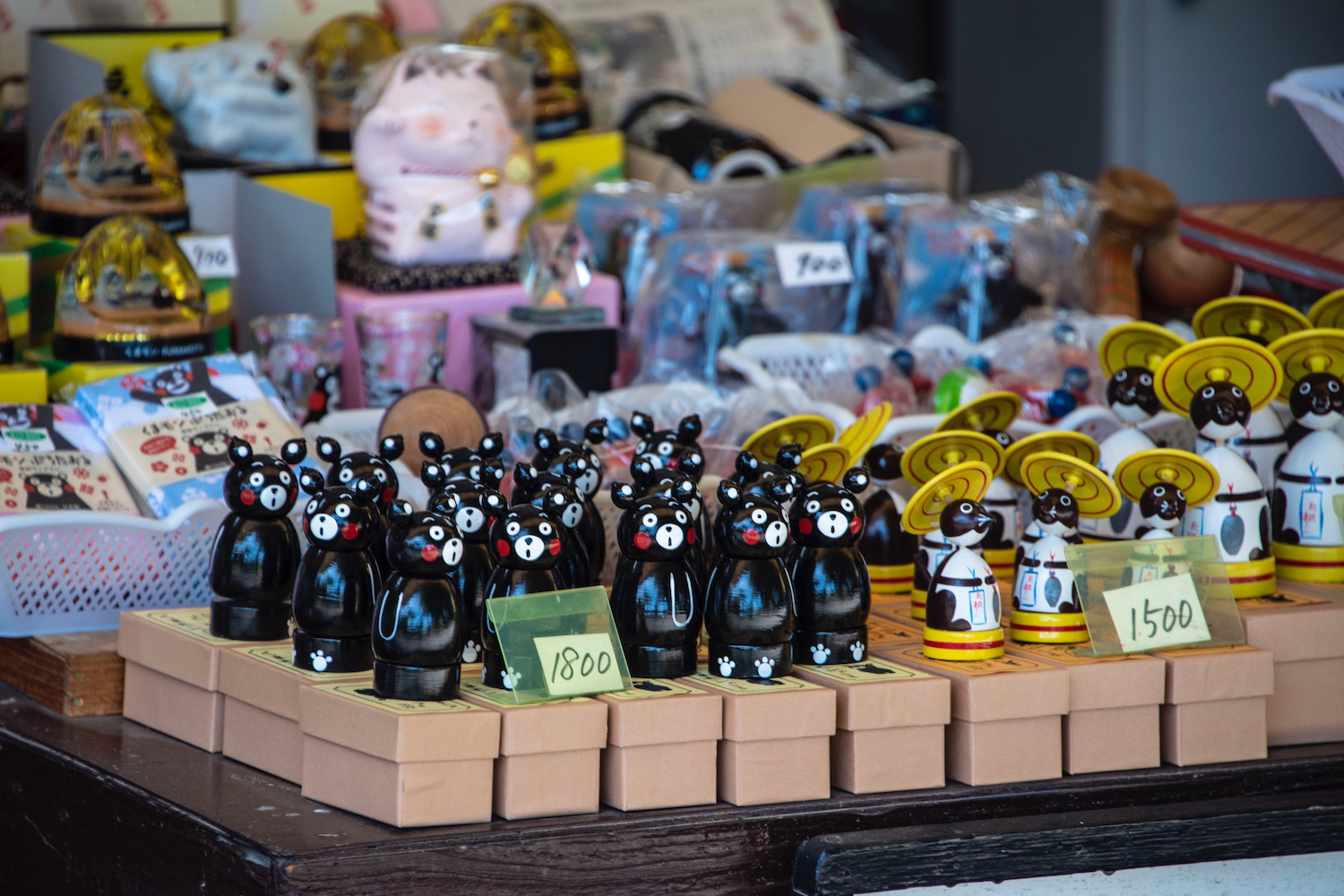
If you’re curious about how much something costs, simply ask ikura desu ka? (いくらですか). Keep in mind, however, that unless you learn Japanese numbers, the information you receive in response might not be useful to use. Want to know whether a place accepts credit cards? Ask kaa-do de haraemasuka? (カードで払えますか), or simply hold your card up and ask dai joubu desu ka? (大丈夫ですか). Meanwhile, to ask for a bill, you can say o kaikei onegaishimasu or, more informally, chek-ku onegaishimasu.
Getting around
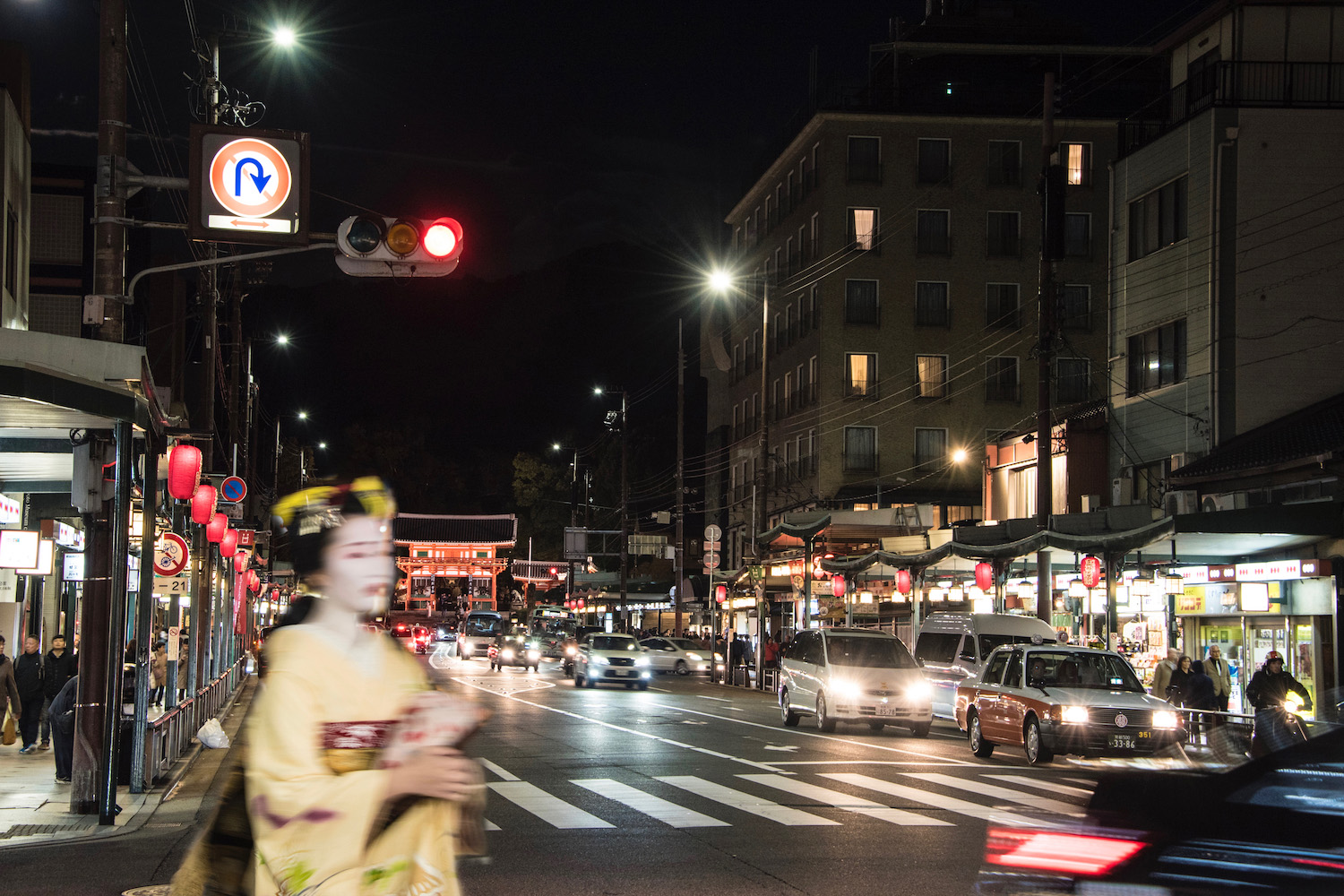
Not surprisingly, a lot of travel Japanese relates to, well, travel. These include basic vocabulary words like eki (駅 – station), hikouki (飛行機 – airplane) and Shinkansen (新幹線 – bullet train), as well as practical phrases and questions. For instance, if you want to ask where to board the Yamanote Line at a busy train station in Tokyo, you may ask Yamanote-sen wa (山手線は) doko desu ka (どこですか – where is it?) or nanban sen desu ka (何番線ですか – which platform?).
Life and death
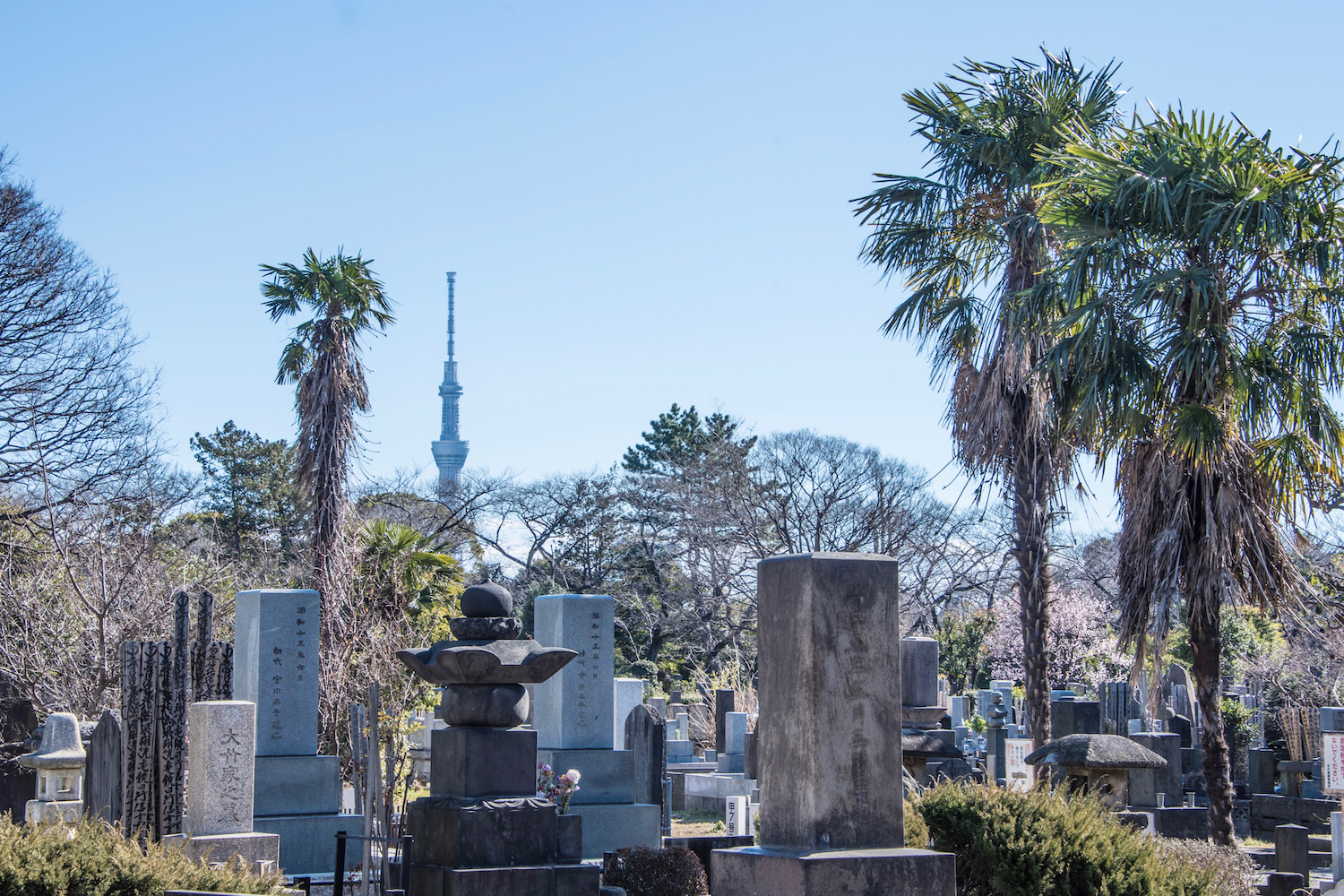
This one isn’t dramatic as it sounds—doctors (isha – 医者), first responders, staff at the hospital (byōin – 病院), police (keisatsu – 警察) and other people tasked with your safety in Japan can usually speak some English. However, having some key words in case of the worst-case scenario probably isn’t a bad idea, whether that’s knowing the words for common disasters—taifu (台風 – typhoon) or jishin (地震 – earthquake), or being able to located the emergency exit, represented by the characters 非常口 (hijouguchi).
Other Survival Japanese for Travelers
Here are some other Japanese words and phrases you might find helpful as you travel:
- Sugoi (すごい): Awesome or cool, often used in combination with the particular Ne (ね).
- Nihon/Nippon (日本): Japan
- Inu (犬): Dog, i.e. Shiba inu (柴犬)
- Neko (猫): Cat, i.e. Maneki neko (招き猫; beckoning cat)
- Hontou ni (本当に): Really/really?
- Sou desu ne/Sou da ne (そうですね/そうだね): I see.
- Dai joubu (大丈夫): Often used in conjunction with desu (です), this phrase means “that’s good” or “that’s fine.”
- _____ wa doko desu ka (____はどこですか): Where is ______? (i.e. toilet or toi-re/トイレ)
- Sakura (桜): Cherry blossoms; see also hanami (花見), cherry blossom viewing
- Tenki (天気): Weather; see also ame (雨; rain), yuki (雪; snow); hare (晴れ; sunny); kumori (曇り; cloudy)
- Dera/Tera or Ji (寺): Temple, i.e. Kyoto’s Kiyomizu-dera (清水寺)
- Shinsetsu (親切): Kind
- Taisetsu (大切): Important
- Tomodachi (友達): Friend
Other FAQ About Japanese Travel Phrases
What are some popular Japanese phrases?
Most travelers will only learn the most basic phrases, such as greetings like konnichiwa and konbanwa (good day or good evening) and arigatou gozaimasu, which means “thank you very much.” However, learning a wide variety of Japanese phrases will better prepare you for your trip.
How do you respond to “Irasshaimase”?
You can response to Irasshaimase (which you will often hear entering shops and restaurants) with a greeting appropriate for the time of day: Ohayo (gozaimasu) in the morning; konnichiwa during the daytime; or konbanwa in the evening. Or you can choose not to respond at all; many people (including Japanese people) sometimes don’t.
What is “Itadakimasu”?
Itadakimasu literally means “I receive” or “we receive.” In practice, however, it serves the same roles as “bon appetit” does in Western countries; it’s said after you receive your food, but before eating it. When someone says “itadakimasu,” they’re literally saying “I receive this food.”
The Bottom Line
Looking for useful Japanese travel phrases? You’re in the right spot. From greetings and dining vocabulary, to phrases you can use when using planes, trains and automobiles, having a variety of practical Japanese under your belt will make your trip a lot easier. It will also make your interactions with Japanese people more meaningful—they’ll respect you more, and maybe even treat you more kindly. Need help with more than just your language skills, as you plan your trip to Japan? Commission a custom Japan itinerary, and let me sweat all the details of your travel on your behalf.



